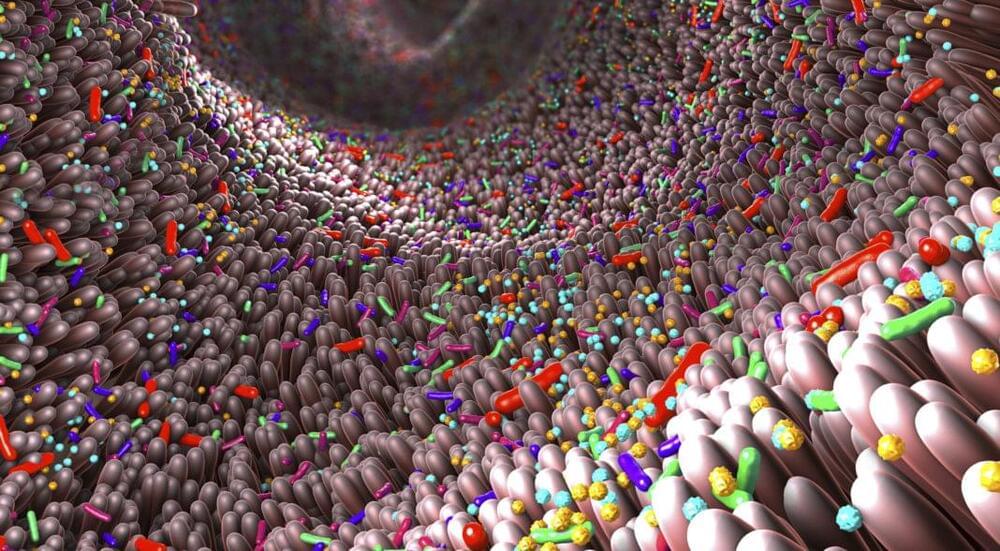An international research team led by scientists at the Hudson Institute of Medical Research has found a way to determine which species of gut microbiota are important in certain diseases, and how they interact with other microorganisms to create a healthy microbiome.
The team developed a computational metabolite exchange scoring system to identify microbial cross feeding relationships—the use of metabolites produced by one microorganism as an essential nutrients by another—and how these may be altered in disease. The researchers suggest that understanding such relationships could point to therapeutic approaches for a range of disorders including inflammatory bowel disease, infections, autoimmune diseases and cancer.
“There are roughly 1,000 different bacterial species in a healthy gut—it’s a microscopic multicultural community with over a trillion individual members,” said research lead Samuel Forster, PhD. “Bacteria in our microbiomes exist as communities that rely on each other to produce and share key nutrients between them … We have developed a new computational way to understand these dependencies and their role in shaping our microbiome. This new method unlocks our understanding of the gut microbiome and provides a foundation for new treatment options that selectively remodel microbial communities.”









Comments are closed.